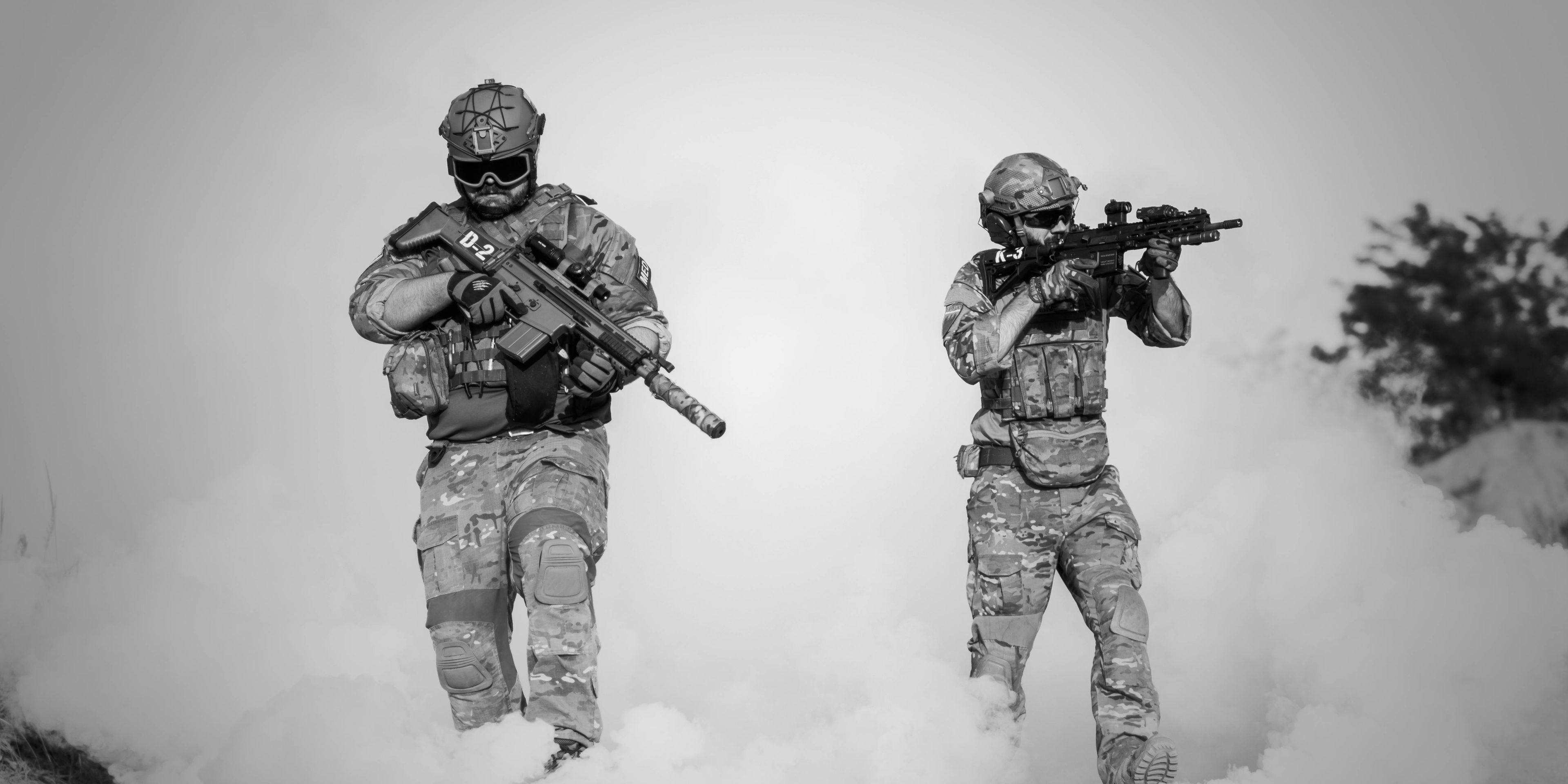Wounded Soldiers Do Not Belong on the Front Lines
In good military strategy, the best trained in combat, most fit for fighting, and strongest fighters are placed in active fighting, the front lines. This is why I joined the Air Force. I was and remain better suited for support and logistics from about 30,000 feet.
When a young person enlists in the military, they are considered a recruit. Once found fit for duty, this recruit swears an oath with their right hand raised as allegiance. This action is a commitment to following orders and respecting the chain of command as given to them. It is a signing over of your right to make decisions, you are now, Government Issue; G.I.
Uncle Sam then invests in training and equipment to prepare the service person for their specialty, AFSC, in the Air Force. This code, your job, then determines where you will train, where you will be stationed, how easily you will be promoted, and ultimately who you will “fight” or work alongside. Preparing the G.I. for the mission is a big investment for the government.
With such a large investment and so much national security at stake, how could the Army, Navy, Marines, Air Force, Coast Guard, and most recently, the Space Force ever remove someone from their post? Because wounded soldiers, or Airman, etc., do more harm than good in active fighting.
Those who are injured are removed from the hot zone, evacuated to an area of “definitive help,” and evaluated for future fitness. They may be completely rehabilitated and returned to full duty. They may be sent to modified duty. For example, a Military Police Officer with a compromised gun hand may be put on desk duty. If the injury is permanent and unable to be healed through therapy, the G.I. will be honorably discharged. The permanence and extent of the injury determine the future role of the G.I.
It is my conviction that this strategy must be applied to the Body of Christ. Those who are in full-time ministry, or even in a lay capacity, must be allowed the proper rest and recuperation warranted by their trauma. The church has been historically ignorant when it comes to caring for its service people.
I have been privileged, and not in a positive frame, to witness several incidents where a pastor or leader suffers a major personal grief, but is kept in an active position of their assignment. It is just not good stewardship for this to be the protocol! We as the body of Christ must train and organize systems in place for our leaders to be “human” and yet held to the highest standards, as outlined by Paul, “An overseer, then must be above reproach, the husband, of one wife, temperate, prudent, respectable, hospitable, able to teach, not addicted to wine or pugnacious, but gentle and peaceable, free from the love of money.” (1 Timothy 3:2) Even those who meet this criteria are still human and will suffer loss, pain, grief, as well as mistakes. All of which will require time and tending to heal.
Case study of a leader who suffers a personal loss of a loved one. A family came to the church we were attending who had just suffered from a major trauma of a fatal traffic accident. It left one child deceased and another permanently injured. They were wonderful people who loved the Lord. They had a great set of talents and gifts to offer the congregation. But almost immediately, they were put in charge of sensitive and critical ministries. Leading worship and the youth. It was too soon.
Their love and faith for the Lord were still intact, but they had not healed from the shock or allowed their emotional/spiritual adrenaline to drain. They were still wounded with many unanswered questions. The experience that the congregation suffered is still evident to this day. The decade-long, multigenerational congregation split into factions. Some left with the new family, and those that remained had scars and hurt to deal with. Families were split, some second generation taking their families to the new group, while the first generation remained. Some families chose to stop attending church altogether.
Why would a house of worship not take its role as stewards of people's souls at least as seriously as the United States government monitors its military readiness? I believe the answer is that we do not appreciate that we are at war! Our war is eternal, and the fighting has eternal ramifications.
In my next blog, join me as I lay out the protocol for battle zone triage, from an Army medic stationed in active fighting in the Iraq War. We will apply this wisdom to the reality of our battleground between heaven and earth.
Happy Honeymooning!
“They say to their mothers, 'Where is grain and wine?” As they faint like a wounded man in the streets of the city, as their life is poured out on their mothers’ breasts.” (Lamentations 2:12)
